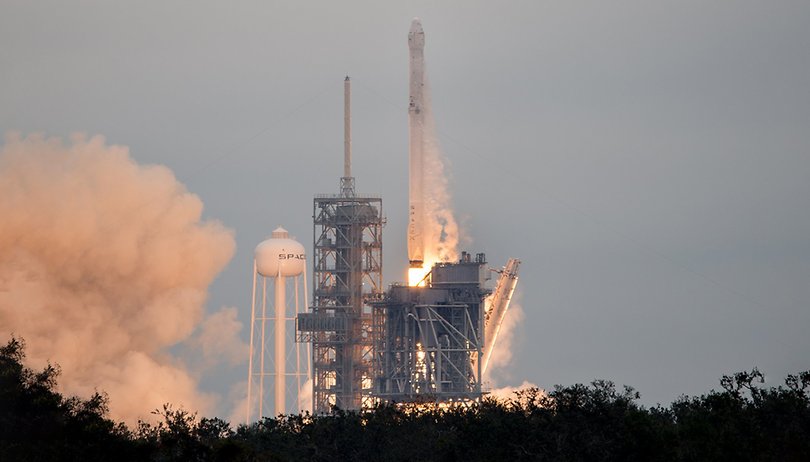SpaceX satellite launch brings the global internet a step closer

The first phase of the Starlink project, Elon Musk's revolutionary idea to provide the entire planet with internet access through a network of satellites, is set to take off on May 15th, literally, in the form of the the launch of Falcon 9. What is this plan all about?
SpaceX is one of Tesla founder Elon Musk's many companies. Dedicated to aerospace transport, one of its most eagerly awaited projects is Starlink, which aims to provide a global network to connect you to the Internet at high speed from (almost) anywhere in the world. What does that entail? Launching more than 12,000 satellites into space.
This Wednesday, May 15th, at 10:30 PM EDT, Falcon 9 will take off from Cape Canaveral, Florida with the first 60 satellites, which, although they have the final design, are nothing more than a test as they lack basic functionalities. Elon Musk himself has shown on Twitter how these 60 satellites are loaded inside the Falcon 9:
First 60 @SpaceX Starlink satellites loaded into Falcon fairing. Tight fit. pic.twitter.com/gZq8gHg9uK
— Elon Musk (@elonmusk) May 12, 2019
Although other such satellites have been provisionally placed in orbit in the past, this is considered the litmus test for this ambitious project. The first phase, budgeted at more than 10 billion dollars, is to carry out 70 launches that will place 4,425 satellites in an orbit around 341 miles high, tripling the number of satellites currently operating around the globe. This first phase should be completed before the end of 2024 if all goes according to plan.
What can a satellite Internet connection offer?
A connection to the satellite network requires a direct connection to the device being connected, or a receiving antenna that connects to a local network, promising a latency of less than 40 milliseconds. Although this figure is nowhere near the 10 milliseconds that should be reached when 5G networks are fully operational, its potential lies in another factor.

Satellite connections can allow remote places, where it's difficult to otherwise establish a connection to the internet, to connect with a more than acceptable speed. And although Space X is in the lead, other companies like Amazon and its Project Kuiper have similar plans.
Do you think a satellite connection is the solution for your connectivity issues? Let us know in the comments.




Global internet is a nightmare for countries like North Korea and China.
I'm pretty confident that satellites will cover more of my area than any other form of 5G service. And, probably sooner too. I've been following Starlink for a while and am really hoping this test deployment works out.